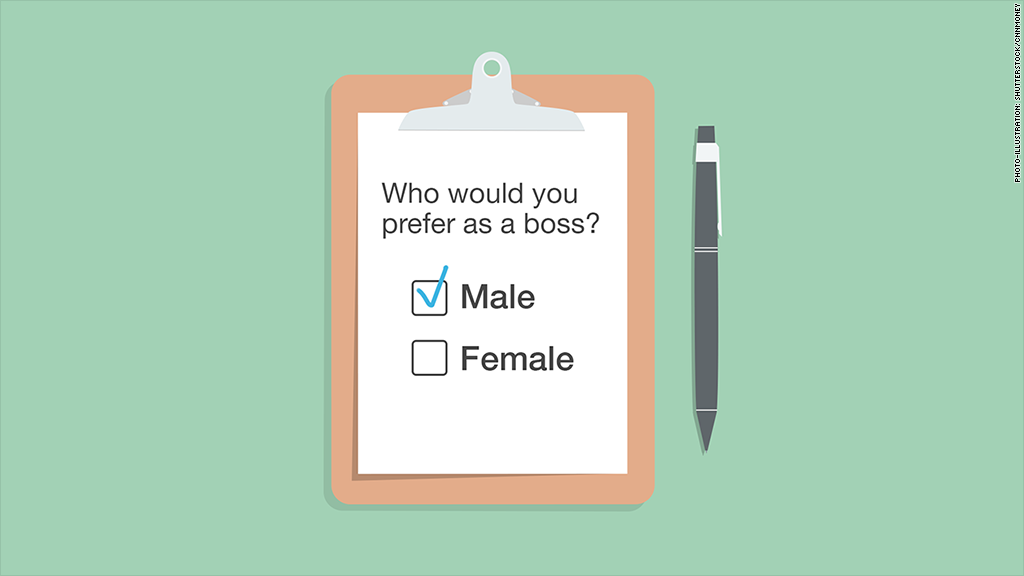
In the 1950s, Americans were asked, "If you were taking a new job and had your choice of a boss, would you prefer to work for a man or a woman?"
It's a question Gallup still asks.
In 1953, two-thirds said they'd prefer a man. In 2014, one-third said they would. So, 61 years and 33 percentage points. Depending on who you ask, that's either an improvement to be celebrated or a frustrating signal that sexism is still alive and well. Or both.
Women at the top struggle for funding
There are about 9 million women-owned businesses in the U.S., and in the past year, women have started 1,200 new businesses each day, according to the 2014 State of Women-Owned Business Report, which was commissioned by American Express.
However, while women-owned businesses continue to grow, the businesses are relatively small, employing just 6% of the country's workforce and contributing just under 4% of business revenues. That's about the same share as in 1997.
It isn't clear how employees' preferences on their boss' gender influence success or failure, but it is clear that there is plenty of room for improvement.
"Women are not growing and scaling as much as they should be," said Amanda Brown, executive director of the National Women's Business Council. "It's no surprise that women would prefer to work for male bosses, when they stick to what they know."
In the Gallup survey, 39% of women preferred a male boss, 25% preferred a female boss and 34% said it made no difference. Overall, 46% of men and women said it made no difference.
The fact that so many respondents said it made no difference resonated with Jayna Cooke, CEO of events company EVENTup. "That's probably the response we want to get to," she said.
Meanwhile, Brown admitted that when she saw the Gallup poll, she wondered if it was a joke, saying that when you continue to ask the same question for sixty years, "you're continuing to have an outdated conversation."
"What relevance does this have at this point?" she said, adding that the question itself highlights "that there are still women missing in the equation...women are not in the position of being bosses enough. How do we address that?"
Microsoft CEO to women: Not asking for a raise is 'good karma'
Gallup has a different take.
"Gender issues in the workplace are very important, and we think this provides insights into these issues," said Frank Newsport, Gallup's editor in chief. "One reason that we keep this wording in this question is that it provides us the context of long-term trends, which are very important."
Gallup still asks, for example, if respondents approve or disapprove of marriage between a white person and a black person. While numbers have moved in favor of it over the years, Gallup said it will continue to ask the question until everyone agrees and it is no longer relevant.
Something the pollsters no longer ask?
"What is your favorite radio program to listen to at night?"



